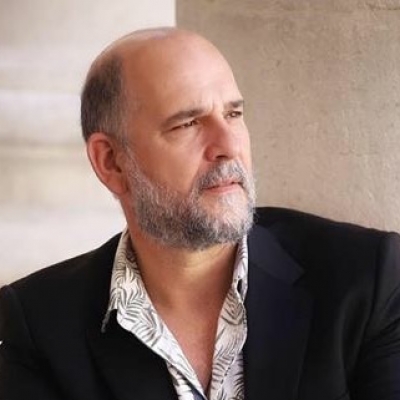JUAN JESÚS RODRÍGUEZ TRIUNFA EN EL METROPOLITAN ÓPERA DE NUEVA YORK

OPERAWORLD. 3 de Marzo 2019. Carlos Javier lópez: – Metropolitan Opera – Review: Falstaff
“El aplomo actoral y la seguridad vocal de Juan Jesús Rodríguez hicieron que el madrileño cerrara una gran noche en Nueva York, en un personaje al que esta producción le exige”.
OPERAWIRE. 22 de febrero de 2019 – David Salazar
“Meanwhile, Juan Jesús Rodríguez’s Ford was a perfect counterpoint. He stood tall and firm, but he was always temperamental about something. From the opening scenes where he is told about the plot to take down Falstaff, he looked agitated. When he stormed into his house, he was a furious hurricane, his singing brusque and aggressive. He played the part of a schemer with Caius at the close of the third act’s first scene and in the final moments, when his plan is foiled, he looked rabid and furious, ready to attack anyone around him. Only his wife seemed capable of calming him.
This lack of control is obviously spotlighted in the opening of Act two when Ford, disguised as Fontana, comes to meet Falstaff. Rodríguez tried to play it off as cool and collected, but at moments, he walked away from Falstaff, trying to find an outlet for his burning rage. It provided perfect visual counterpart to the more relaxed Falstaff, as you wondered whether Ford would suddenly take to beating his rival. Verdi’s music toys with this dynamic, having Ford briefly explode at one point, and Rodríguez’s sound fired through the hall as he stormed toward the door before stopping himself.
He got that release during the famed monologue “E sogno o realta?” which was the baritone’s best moment of the night, bar none. Throughout, you sensed a push and pull between the ferocious beast unleashed and the dignified gentleman that Ford tried to put on. Here he ripped into the anger of the character, exuding disgust in the lines preceding “lo scoppio,” that final line punctuated by a soaring “Vendicheró l’affronto!” The final “Laudata sempre sia,” sung with a cathartic crescendo up to the high G, betrayed profound pain and sense of loss that intentionally echoes Otello’s similarly pained “Dio mi potevi.” The icing on the cake for the close of the scene was seeing Rodíguez go from such a frenzied, intense, and unhinged emotional moment to playing it exceedingly nice with Maestri’s Falstaff; here he exaggerated his “prima voi,” betraying a sense of frustration that he was working to hide.”


